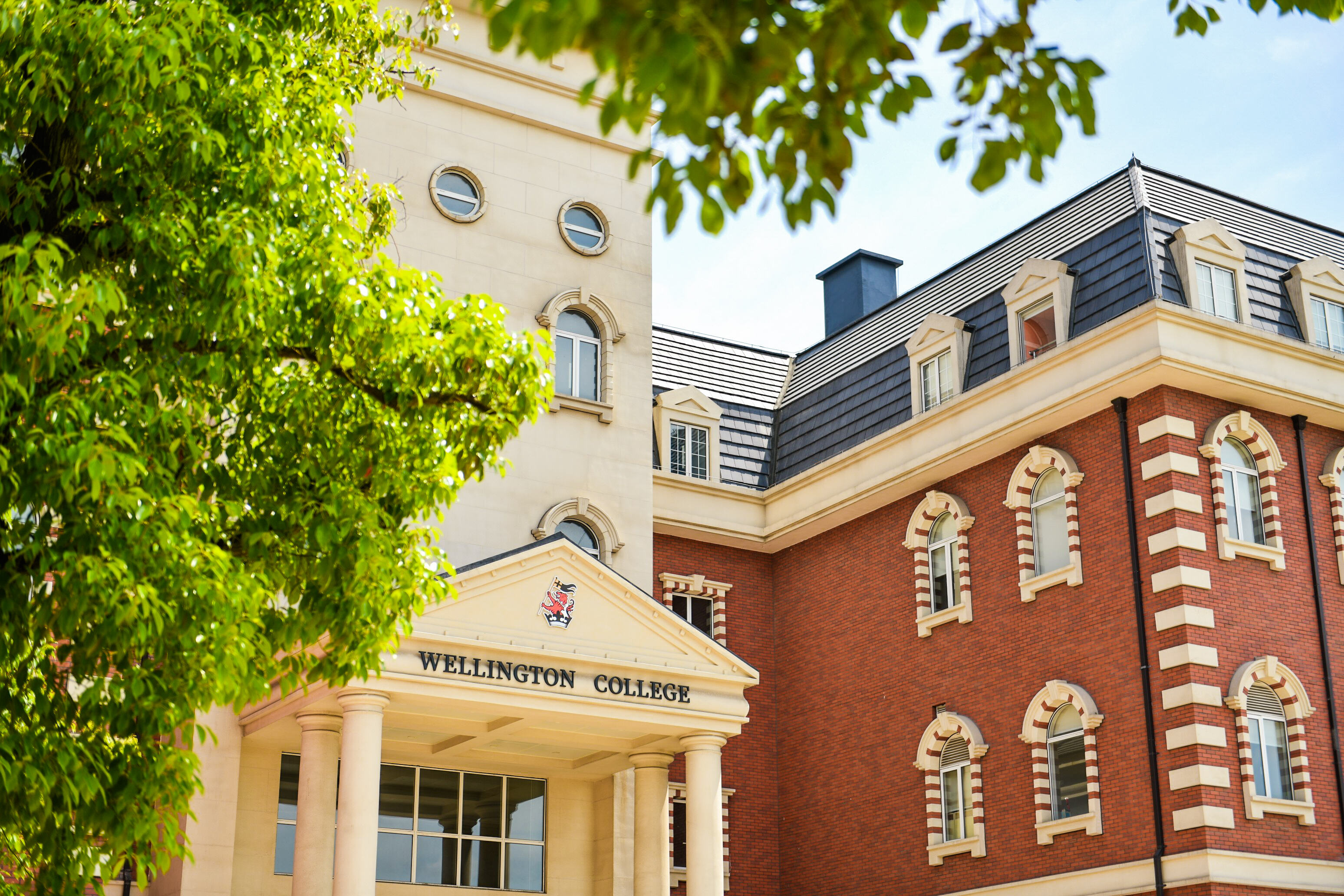Maths Week 2021: Problem-solving and π
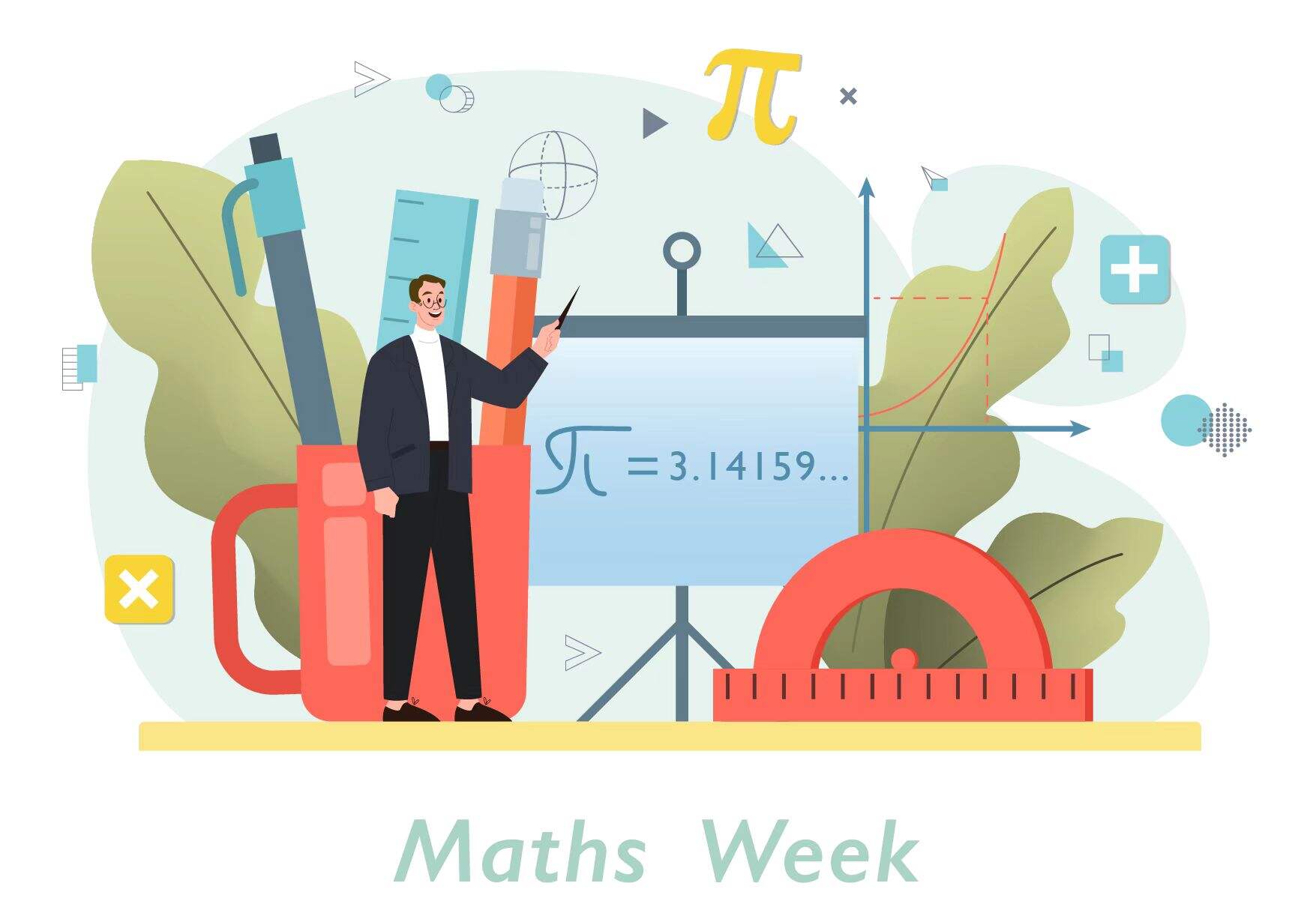
Primary School
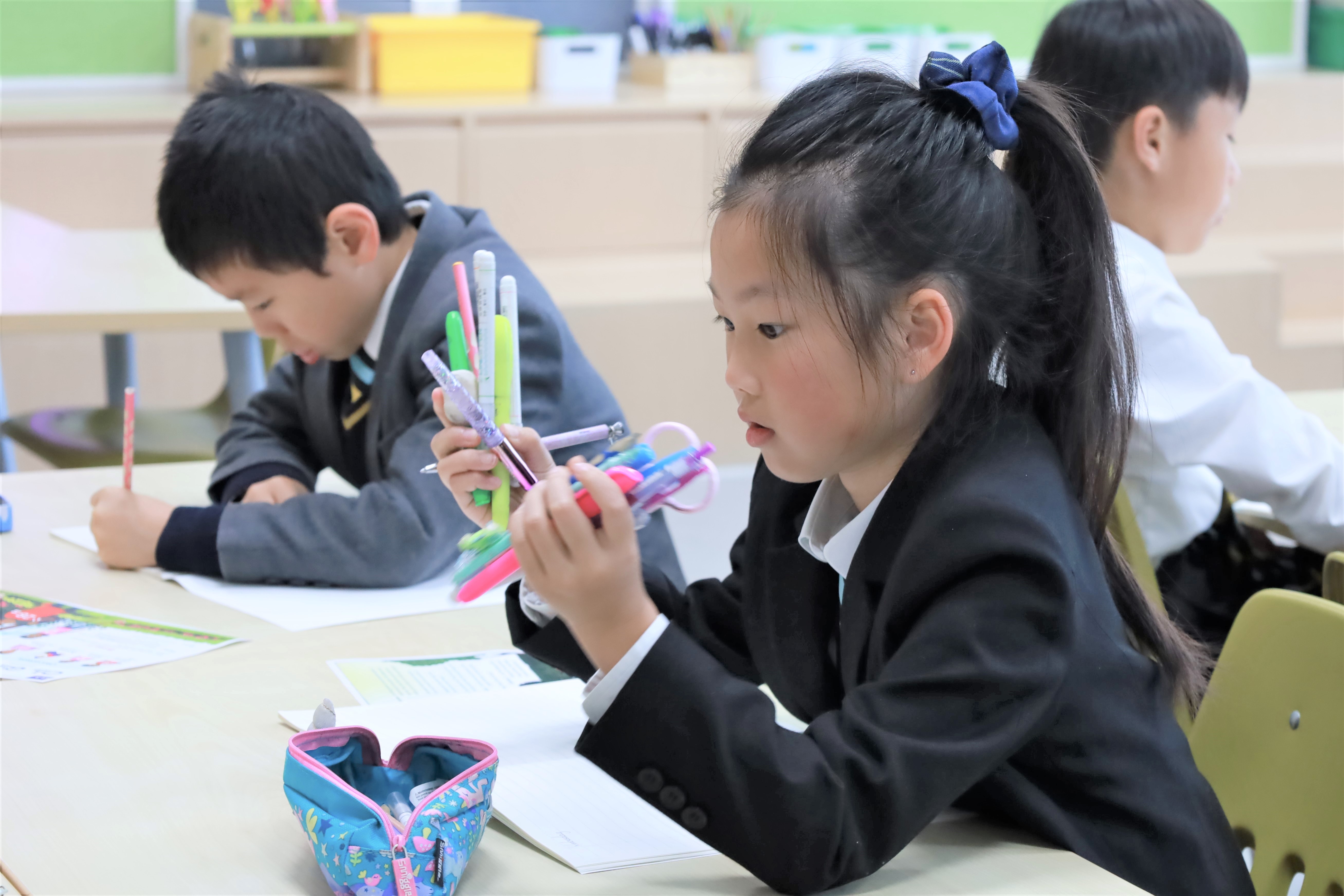
This week, we have embraced maths learning across the curriculum at Wellington College International Hangzhou by providing our pupils with a range of Mathematical challenges that have motivated and created positive memories for our pupils and our teaching staff.
Barvember
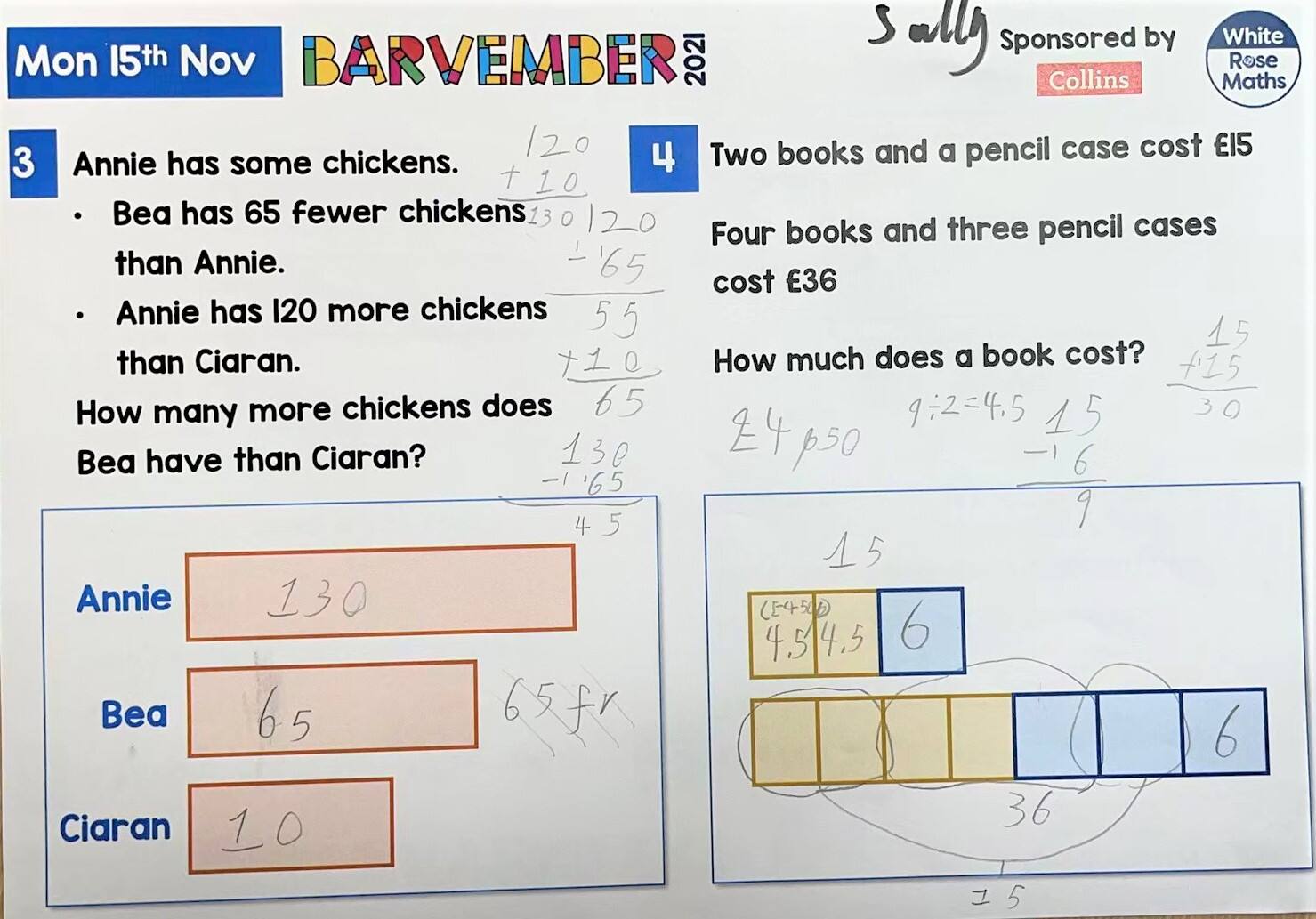
Each day, pupils from Year 1 to Year 6 have participated in the daily White Rose Maths competition: Barvember. The name Barvember refers to the need for pupils to use the bar model to solve engaging and challenging maths puzzles in the month of November (Bar+vember). The activities tested our pupils’ problem solving and collaborative skills to the limit. However, with each passing day, our pupils have continued to show their enthusiasm and resilience to the tasks and challenged themselves to find efficient ways to solve the problems with increasing confidence. Above is an example of level 3 and 4 task being tackled by Sally in Year 4A.
Problem-sloving in Maths
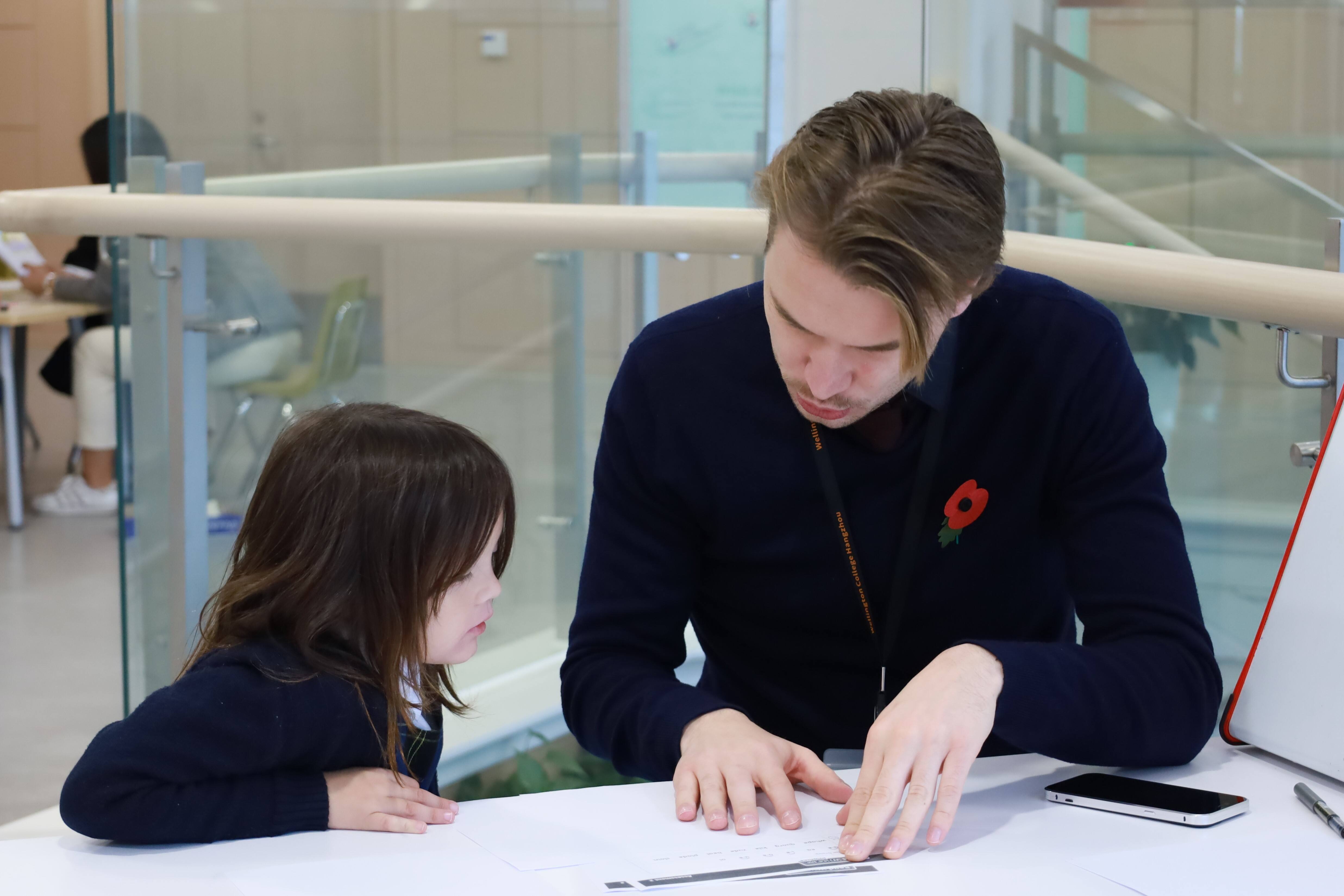
The focus of the week has been on the area of solving real-life maths problems and puzzles. We have been encouraging pupils to complete tasks that are known as Low Threshold High Ceiling activities. The ‘low threshold’ means that pupils, who have never seen the challenge before, should find it easy to get started and find success. The high-ceiling refers to the fact that all pupils can also get stuck and feel challenged. There is no doubt that our brilliant mathematicians have been challenged and have had much fun this week.
Why do we love problem-sloving
Some of the problems we have given our pupils over the week required a basic understanding of the mathematical content to solve initially and yet were highly challenging as the children progressed through the task. This means the whole class can participate in a problem-solving challenge together. Everyone can succeed and feel successful whilst being challenged as the tasks are open-ended with plenty of extension opportunities. The solution to each problem or puzzle can be completely different depending on the strategy used. Pupils often choose to work in teams and share problem-solving methods with their peer group, and this, in turn, helps other members of the class make links and often come up with very different strategies that get the same answer.
Getting stuck
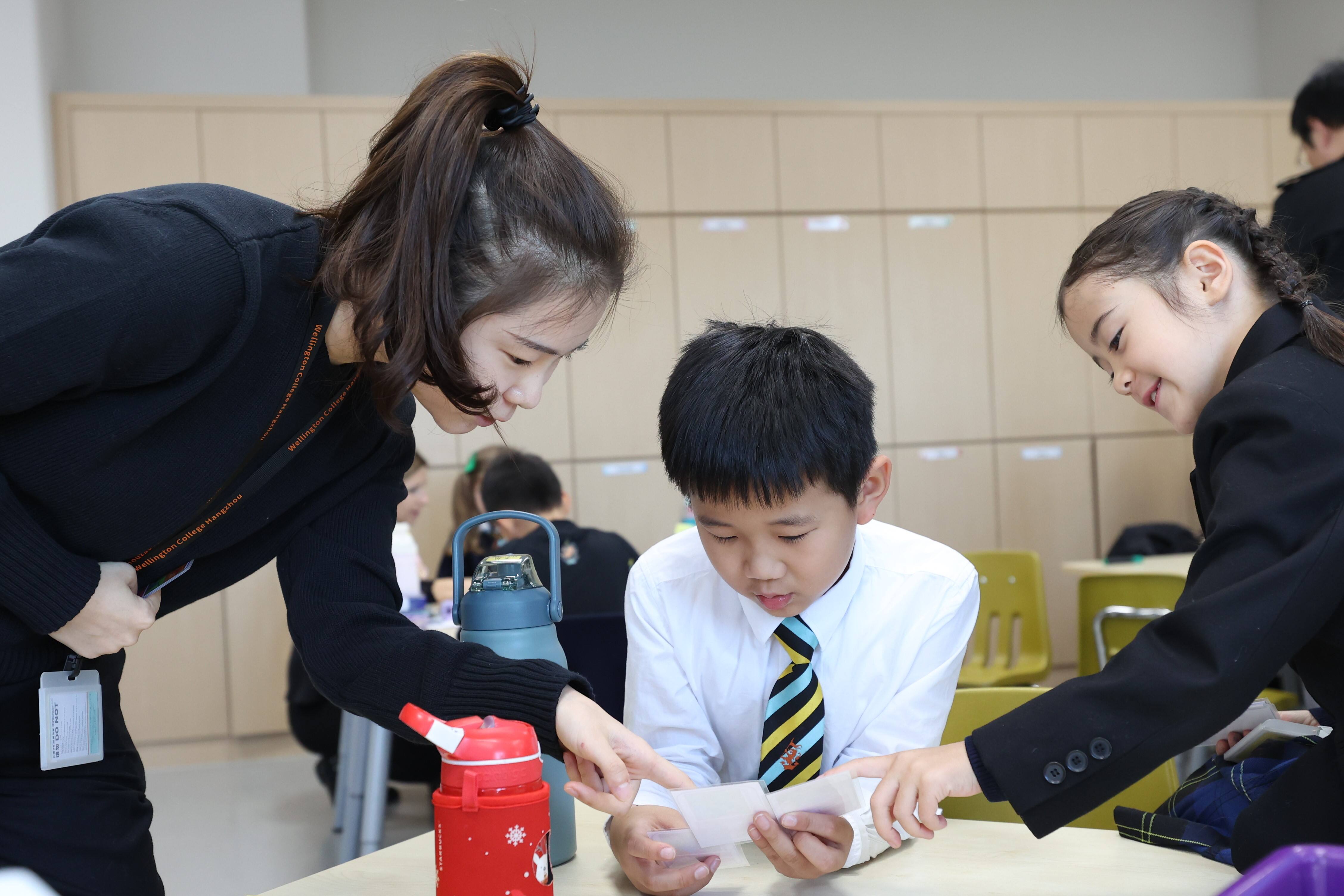
We believe that becoming a confident and resilient mathematician is about learning to recognise what it feels like to be challenged and knowing what strategies can help get yourself ‘unstuck. One way to avoid the anxiety that many students and adults feel when they get stuck during mathematical challenges is to ensure that all pupils experience a degree of mathematical challenge throughout their time in school. Being stuck is normalised and recognised as an essential part of mathematical problem-solving. With very careful clues, hints, and strategies, we encourage the pupils to be systematic in their approach to solving problems and look carefully for patterns, other ways of solving the same problem, and make generalisations about their mathematical discoveries. It is often surprising which pupils identify possible patterns and solutions first when the ceiling is raised.
Parents enjoy problem-solving
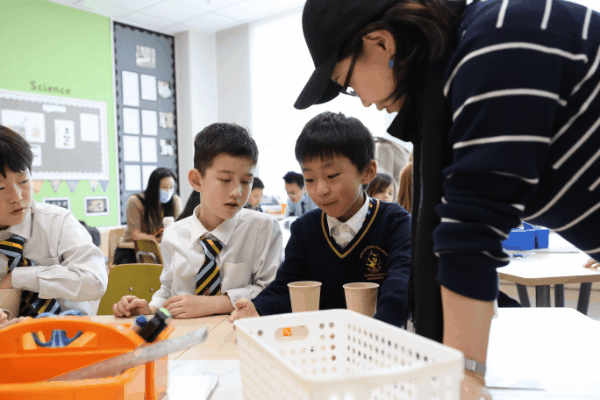
It was wonderful to see so many parents visiting their child’s class during Maths Week (Year 1 to Year 6) to have fun solving mathematical problems.
Parent workshop - Deep dive into the Primary Maths curriculum
Many parents joined us for a deep dive into our Primary Maths Mastery curriculum, where we took the opportunity to share more about how we challenge our pupils and develop their mathematical problem-solving skills.
Outside lunch activities
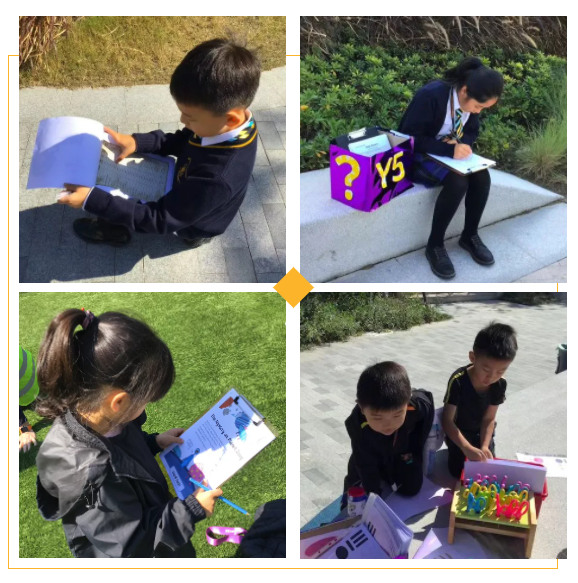
Daily challenges were set for the pupils to try during lunchtimes, ranging from treasure hunts to code-cracking challenges, led by Nina Zhu.
Maths games
The children engaged in various mathematical games in class and had fun developing strategies to beat their partners.
Times Tables Rock Stars Tournament
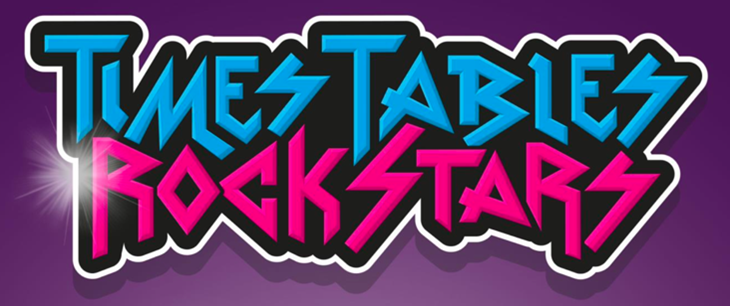
Throughout Maths Week, pupils across the school have been working hard to improve their recall of times tables on Times Tables Rock Stars to try and represent their house in Friday’s finale in the Atrium. Seeing so many pupils dressed like Rock Stars was one of many highlights from the week. In addition, it was brilliant to see the qualifiers from Year 1 to 6 battle against each other in the Atrium.

We analysed Times Table Rocks Stars data throughout the week and have seen excellent progress in all year groups. For example, a member of Year 5 answered over 11,500 division and multiplication calculations correctly by Tuesday. It has also been exciting to see children in Year 1, many of whom have only just turned five years old, learning to multiply and divide by two so early in their educational journey. We are very proud of you all.
Below is the full list of our winners:

Famous Mathematicians
In class, pupils have been discussing mathematicians and finding out about the vital role of mathematics in daily life. They have also learnt about mathematicians like Katherine Johnson, who changed the world by calculating the trajectory of flights that eventually resulted in the moon landings in 1969.
We hope pupils enjoyed the fun and excitement of Maths Week and gained some valuable mathematical knowledge too.
Daniel Norman
Head of Primary Maths
Senior School
This year our theme for maths week is the irrational constant pi. When pupils learn about pi, they are shown the first few digits of the number and told that it continues forever. There is no inspiration to delve deeper into this mysterious number that pops up in the most incredible places and has been used by the most outstanding mathematicians for generations.
Our aim for this week was to inspire pupils to learn more about pi, how it works, where it comes from and where it is used. We have carried out experiments, proofs, and competitions throughout the week to motivate pupils to learn more and be curious about pi.
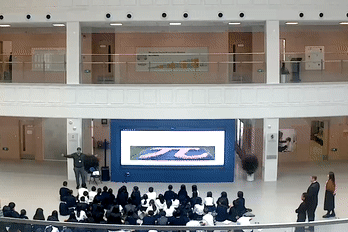
On Monday, we began the week by introducing our theme, forming the shape of pi in the atrium, and working on further activities throughout the week. Pupils spent the week finding the 20 pieces of a pi themed treasure hunt around the building.
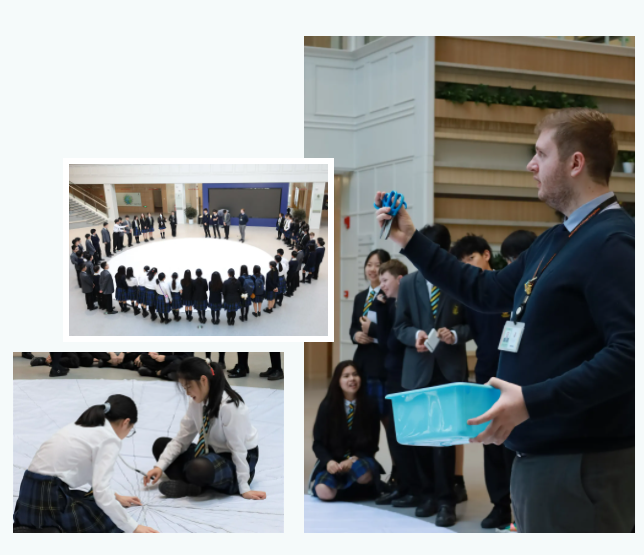
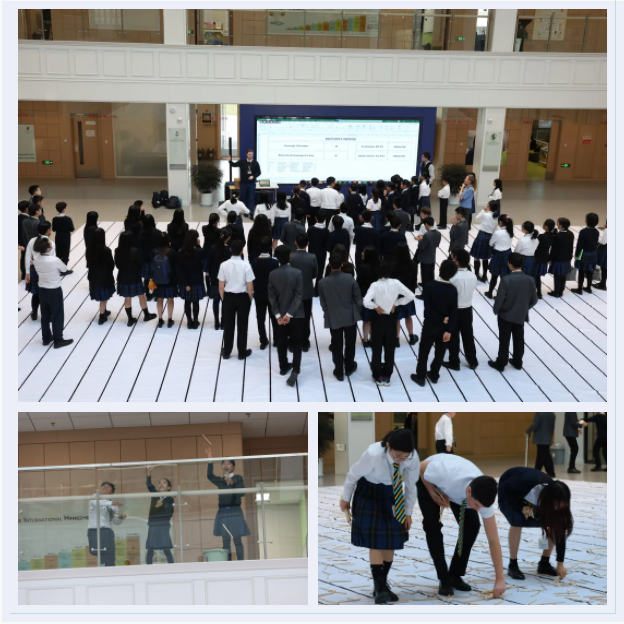
On Wednesday, we experimented with estimating the value of pi. It can be found in the most curious places. This experiment saw us dropping pencils onto a large sheet of paper with parallel lines twice the pencil length apart. Pupils are curious about why pi appears here; this seems to have nothing to do with circles, yet the constant we think relates to circles is showing up again. Estimating pi in this experiment is as simple as dropping the pencils randomly, counting how many of them cross a line and how many you have dropped, then dividing those two numbers.

On Thursday, the pi digits recital house competition took place. Pupils were showing off their memory skills by remembering as many pi digits as possible to win points for their houses. Again, intending to inspire the pupils, they learned that you only need 39 digits of pi to estimate the circumference of the observable universe to within the width of a Hydrogen atom. Pupils also learned why we continue to calculate as many digits of pi as possible even though we usually need so few.
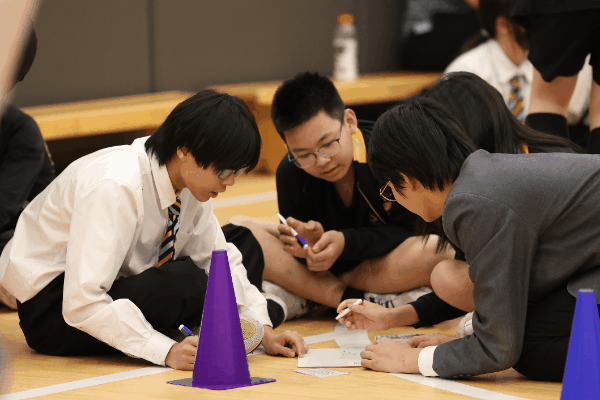
Friday was our final competition of the week. Pupils were now putting their knowledge of pi to the test with a house relay race. Each house was split into groups and had to answer questions as quickly as possible to win points. This was a fantastic way to round off our week and a final chance to show off the incredible teamwork that our pupils display every day.
It is always slightly saddening when maths week comes to an end, but we hope that we have again inspired our pupils to delve deeper into some of the mathematical concepts we teach them in school. We hope that we have inspired them to always ask why something works, rather than just accepting it as fact.
Bradley Dennon
Head of Senior Maths
We conducted a survey with our parents for the Maths Week 2021. We would like to share with you the impressive suvey results from our parents.
Pupil enjoyment:

Parent lesson experience (Parents enjoy problem-solving)

Parent workshop feedback

Related Articles
_1739847017496.png?x-oss-process=image/interlace,1/resize,m_lfit,w_1200/quality,q_90/format,webp)












